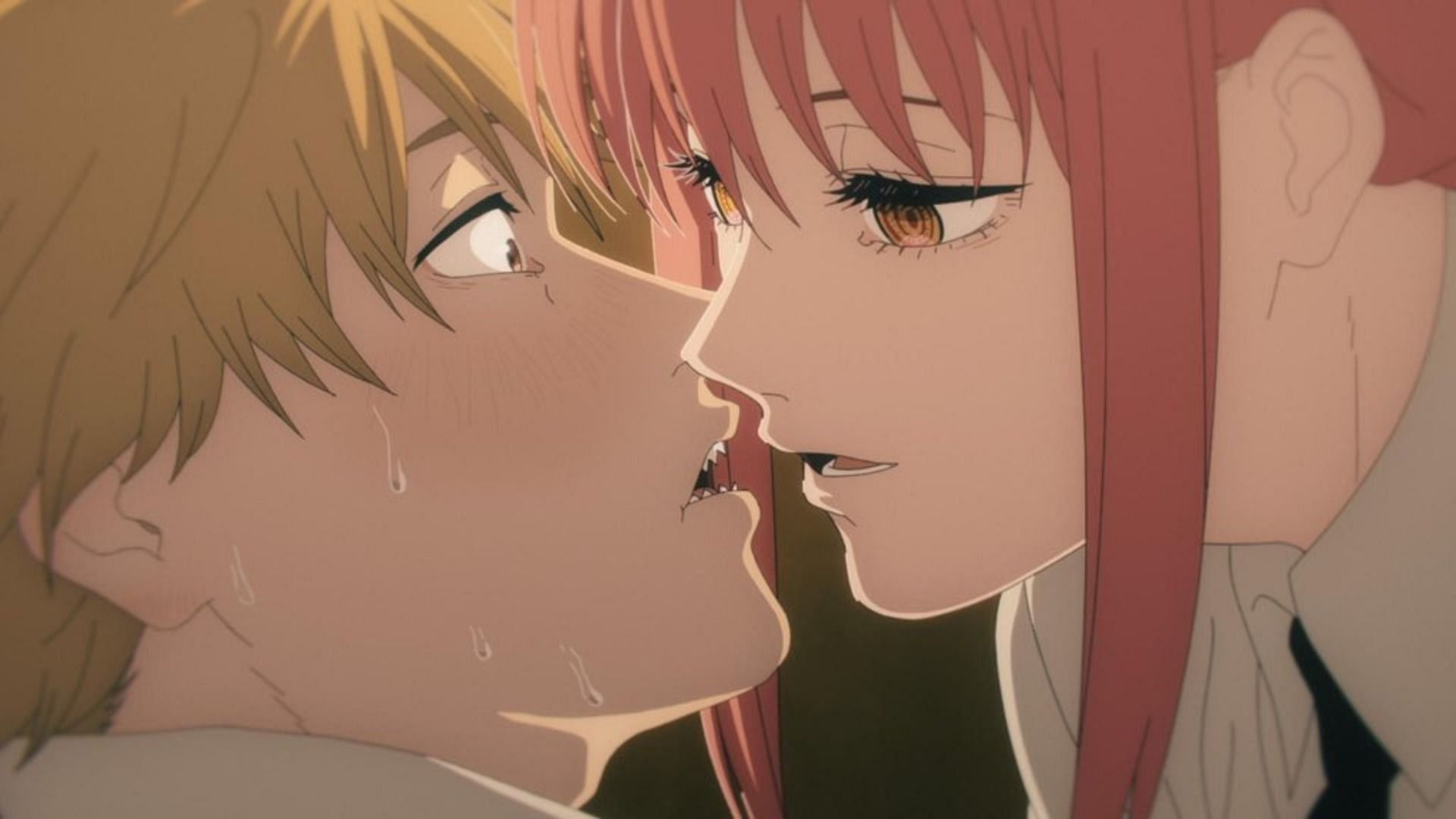Chainsaw Man chapter 192, although seemingly plain, brings readers quite a few revelations. It features Yoru and Denji going off alone, the former wanting to teach Denji "how Devils play," following Hirofumi Yoshida revealing his true intentions. She tries to open Denji's eyes to the life he could lead as a Devil, which is freer than a human.
In doing so, Chainsaw Man chapter 192 highlights a key difference between Devils and humans. In the case of the Horsemen, the recurring underlying theme is that they feel what humans feel, but retain their way of understanding them. As seen multiple times previously, they act on it, no matter how problematic, since it is what they grasp.
Note: the article is speculative and contains spoilers for the manga.
Chainsaw Man chapter 192 brings out a key distinction between Devils and humans
Chainsaw Man chapter 192 does well to underscore why Devils are Devils and humans are humans, at least in the case of the Horsemen. To elaborate, the manga received considerable backlash on how chapter 192 ended, i.e., with Yoru placing herself on Denji's lap. It was a massive cliffhanger and had a significant section of the fandom sighing at the Yoru-esque situation. But then again, this also brought out the large gap between Devils and humans.
In the case of individuals like Yoru, Makima, and Nayuta, these Devils are close enough to humanity to desire and crave what humans want. However, they perceive these feelings as they see fit, often outside their purview. Therefore, when they feel emotion, it is a twisted perception of the real thing.
Yoru is put forth as an entity of unbridled passion, aggression, and impulsivity. She notices Denji's need for love and security but can't understand it. She sees his needs and thinks that doing anything, in any manner she sees fit, satisfies those needs. Makima stands as an example of this as well. She, too, notices the part of Denji that longed for parental love and the need for security.

However, she doesn't understand love and affection beyond her desire for control/domination. She is human enough to crave those emotions but cannot act on them. The Control Devil, Nayuta, is similar in this regard. The little girl takes on a different role, i.e., that of a sister rather than a mother/romantic partner. She, too, feels love and affection but, again, cannot understand it beyond her innate desire for control.
Thus, she exercises severe control, labeling it "doing what's best for Denji." In essence, attachment without empathy.
In both cases, the Control Devil uses emotional bonds, grasping the power of that connection, but misses out on the lack of genuine love behind it. The Horsemen appeals to different parts of Denji's damaged psyche - Makima and Nayuta to his passionate side, and Yoru urging him to run wild, casting aside any thought of the ensuing damage it did.
Finally, Fami's case is slightly different because she isn't as close to Denji as the other two Horsemen. However, from whatever has been seen of her, Fami possesses a more transactional view of connections. The essence of this likely lies in what she embodies- the emptiness and hunger within her. She harnesses basic needs to take the place of attachment. This is again enhanced by her Devil nature to further seem like a transaction.
In essence, both Yoru and the Control Devils crave a connection with Denji. Seeming to be aware of some emptiness in them because they are almost humans, which leads to their twisted interpretations of love.
Final Thoughts

As expected of Fujimoto, Chainsaw Man chapter 192 was quite eye-opening. Facts and hints are placed before the reader, and it is up to them to grasp and conclude points, which deepens things that seem regular at first, setting the mangaka apart when it comes to storytelling. It wouldn't be incorrect to say that Chainsaw Man talks about how trauma considerably damages one's ability to live healthily.
Taking a step back from Chainsaw Man chapter 192, it is almost as if the Devils represent the twisted ways people define love without knowing the real thing. This comes in the form of control, reckless impulsivity, and overindulgence. At their core, there is a deep desire for bonding and closeness, but without love, it turns into abuse. This is probably why the most terrifying and powerful Devils look more like humans.
Related links:
- Chainsaw Man chapter 192 highlights
- Denji's descent into Devilhood further teased in Chainsaw Man chapter 192
- Fujimoto all but tells fans Nayuta is dead in Chainsaw Man chapter 192

